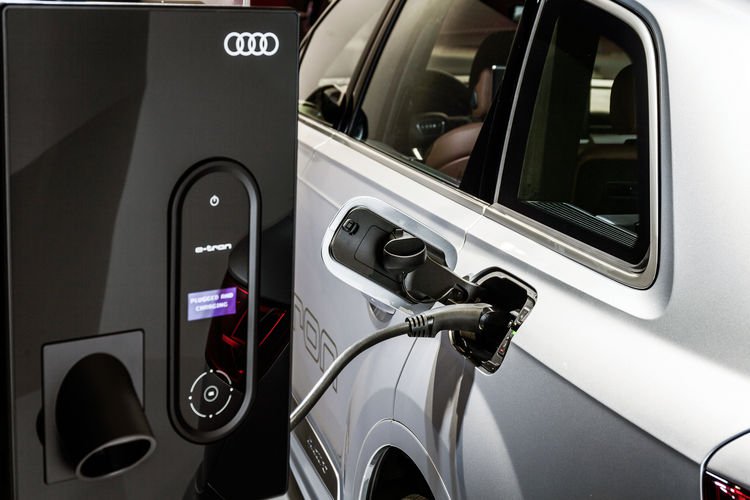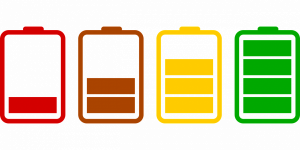Technology and legislation evolves rapidly in the developing electric vehicle sector. We highlight four potential changes which will impact fleets:
1 Battery health
2 Battery chemistry
3 Plug-and-charge
4 Wireless charging
1 Battery health
Calls are continuing from the automotive sector to introduce battery health certificates for electric vehicles (EVs), with the aim of giving confidence in the technology to used car buyers as well as better inform residual value setters.
Under its Plan for the Automotive Sector, published in October 2023, Labour pledged to introduce a standardised battery health certificate for used EVs.
The Government has also helped the UN develop a global technical regulation on United Nations Global Technical Regulation Number 22 on EV batteries (GTR 22), says Abdul Chowdhury, head of vehicle policy at the Office for Zero Emission Vehicles (OZEV).
“GTR 22 provides the requirement for a battery state of health monitor which is in an easily accessible manner, such as through the vehicle’s dashboard, so, essentially, you get a battery health figure like you do on your iPhone,” he adds.
“It also details minimum performance standards for EV batteries, which have already been incorporated into UK regulations through the ZEV Mandate’s warranty requirements.
“Secondly, the regulations also mandate that the batteries need minimum performance standards so they are not degrading quicker than they should.
“Historically, the mileage of a vehicle was a strong indicator for its life expectancy and you could examine an engine to see if the head gasket was about to go, for example.
Read more: FleetNews






